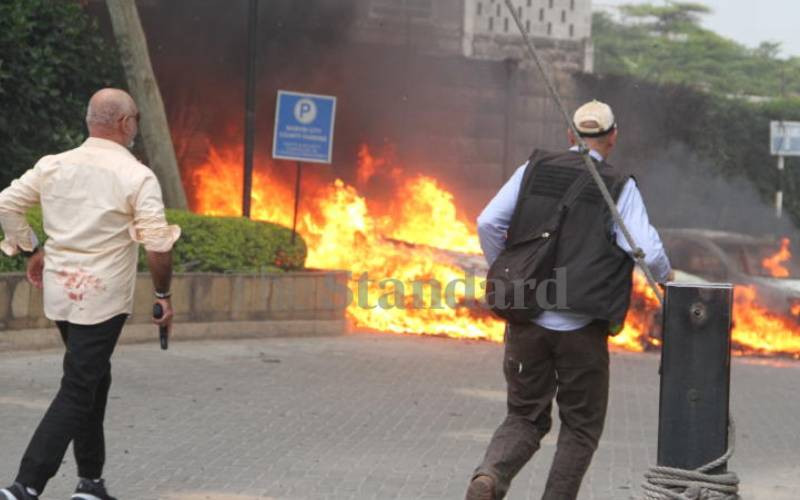×
The Standard e-Paper
Home To Bold Columnists

Kenya's investigators burnt the midnight oil to crack the Dusit D2 terror attack, identifying the planners, facilitators and executors of the heinous attack where 25 lives were lost and dozens injured.
The investigators drawn from the Anti-Terror Police Unit combed through Facebook, at least 177 SIM cards collected from Muchatha, M-Pesa transactions, calls and texts to unravel the faces, movements and communications behind the attack.